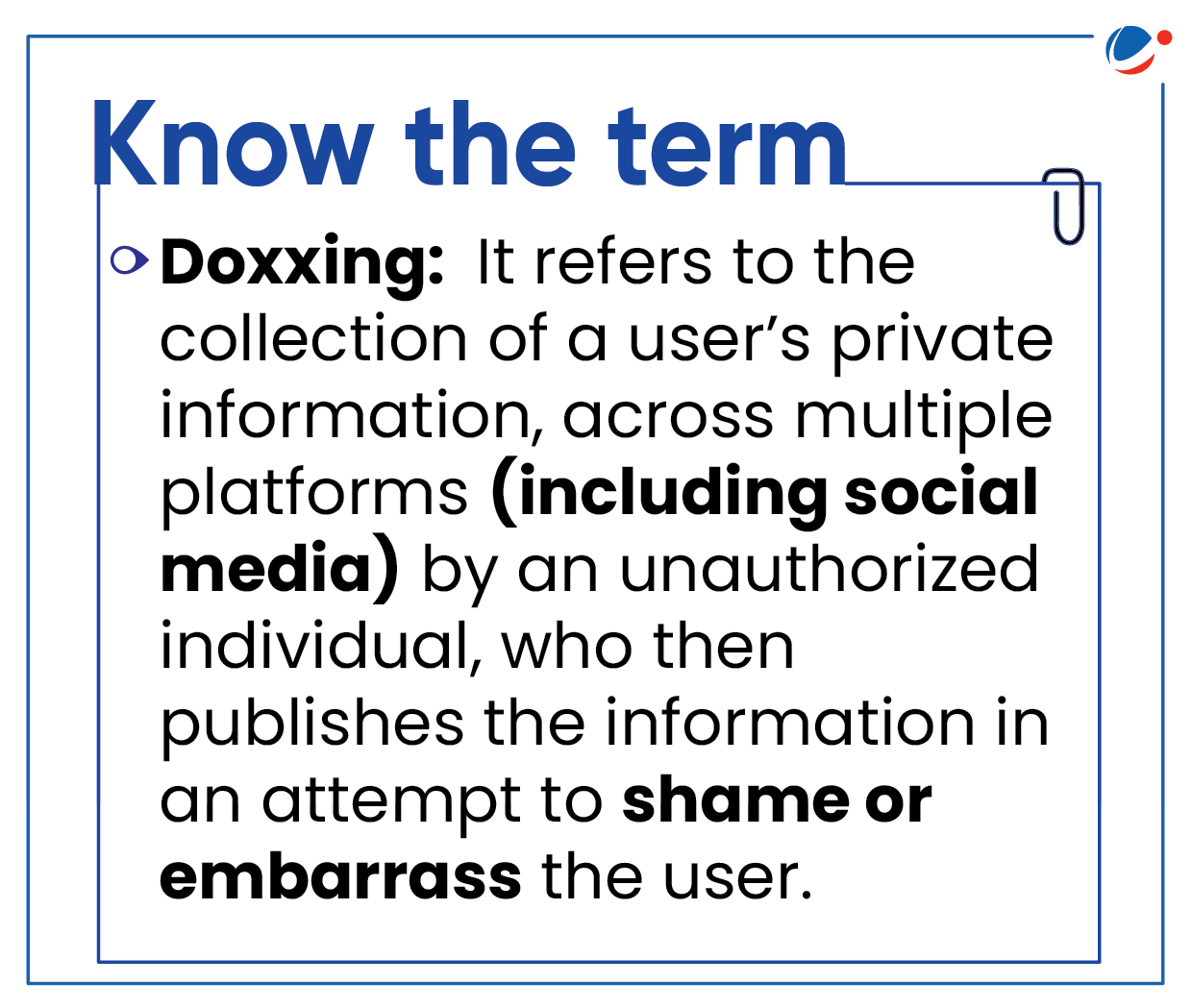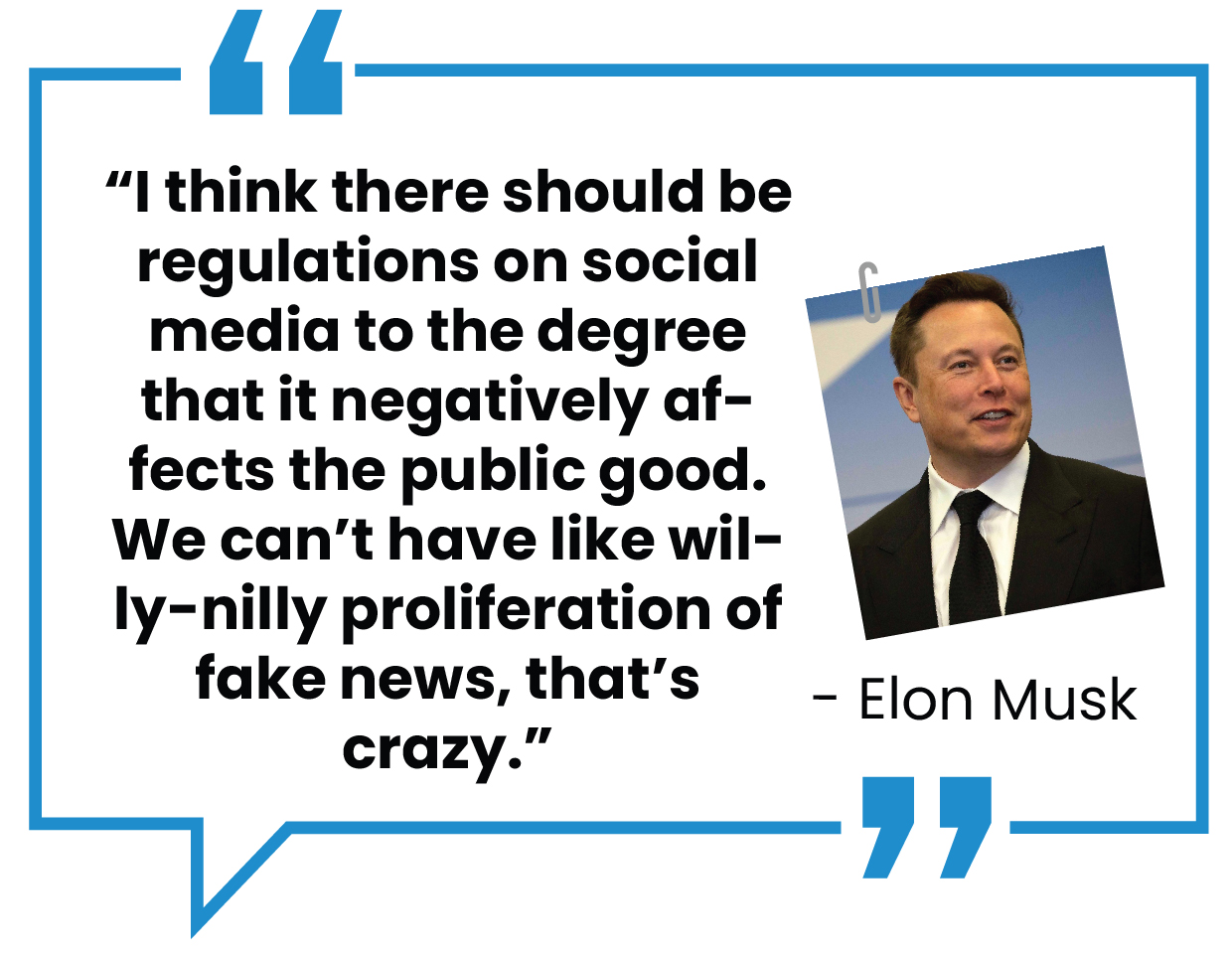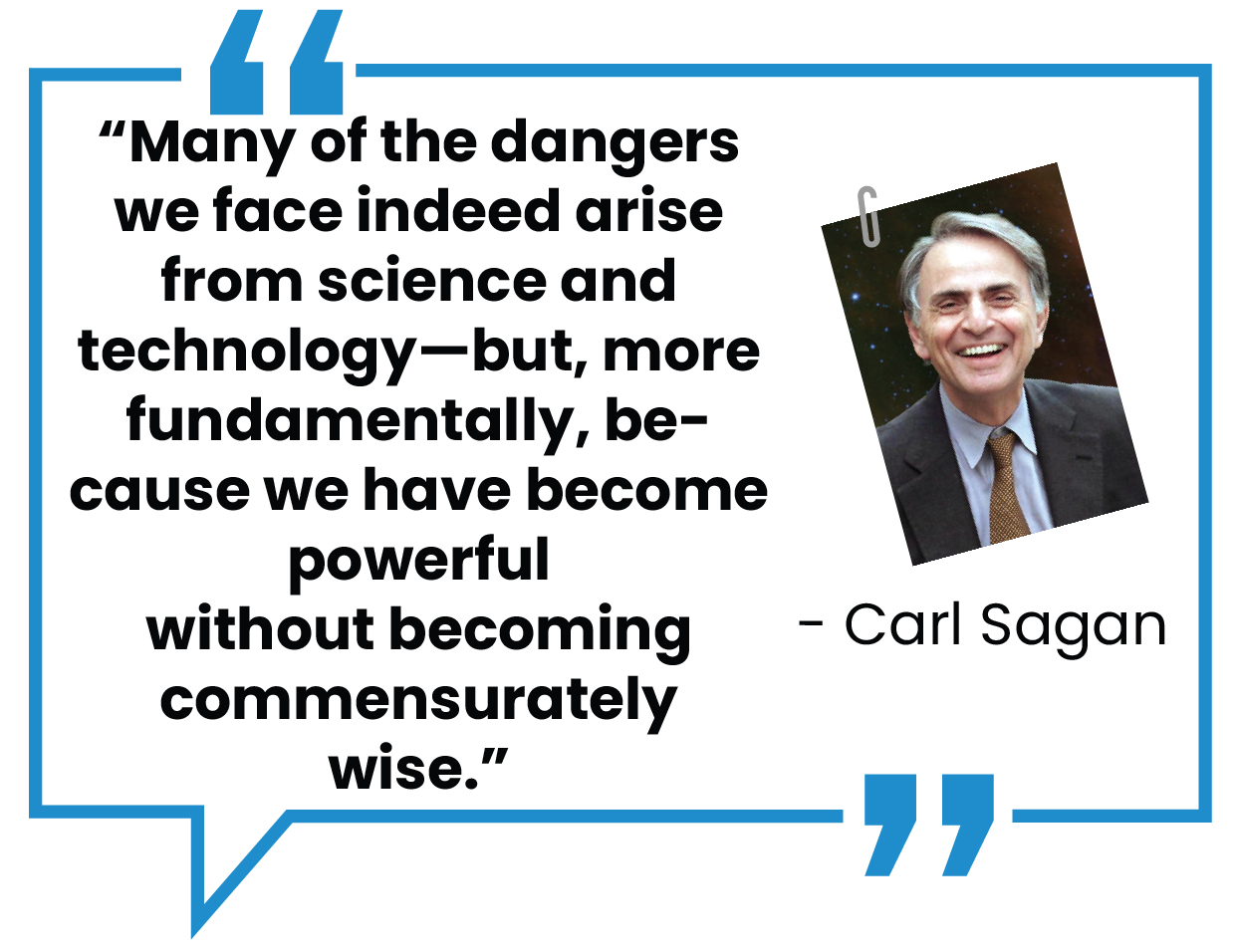Introduction
Recently, The ECI has taken cognizance of the violations of the Model Code of Conduct and other legal provisions concerning the use of social media in election campaigning by political parties. This raises questions about the lack of well-defined social media ethics in the context of the fast-evolving nature of social media.
Different Stakeholders involved in the use of social media
Stakeholders | Role/Interests |
Users/Customers/Citizens |
|
Social Media Intermediaries/Platforms |
|
Political Parties |
|
Government/Regulatory ecosystem |
|
International Organizations |
|
Ethical Debates Concerning Social Media

- Individuals v/s Social media platforms
- Privacy: While data collection and usage by the platforms aims at improving user experience, the lack of informed consent for usage, storage and sharing of personal data has led to the ethical issue of breach of confidentiality.
- e.g., Targeted advertising based on search history and doxxing of journalists.
- There is a thin line between public and private domain of information and a lack of clarity regarding the same can create ethical dilemmas. e.g., the Role of media and the difficulty faced by celebrities in separating public and private life on social media.
- Privacy: While data collection and usage by the platforms aims at improving user experience, the lack of informed consent for usage, storage and sharing of personal data has led to the ethical issue of breach of confidentiality.
- Discrimination: Although the nature of these platforms lowers the barriers to participation by the vulnerable sections, they lack the institutional structures to ensure equitable and fair access to the minoritized voices.
- e.g., Social media campaigns based on anti-immigration sentiment in Western countries.
- Fake news: There is a lack of proper verification process and accountability due to the feature of anonymity. This leads to increased spread of misinformation, both, intentional and unintentional, which hinders effective decision-making.
- e.g., Misinformation about the COVID-19 pandemic greatly impeded public perception and effectiveness of government actions like vaccine hesitancy etc.
- Society v/s social media platforms
- Polarization: Fragmentation of the public sphere by encouraging the formation of 'echo chambers' and 'filter bubbles' creates informational silos for like-minded individuals who deliberately shield themselves from exposure to alternative views.
- e.g., the Use of Facebook to drive violence against the Rohingya minority in Myanmar and political polarization on the basis of race, religion and caste.
- Blurring of Public and Private sphere: Social media platforms have encouraged the intrusion of the virtual sphere into the real social sphere.
- e.g., the Use of mobile phones during family dinners, the isolation of children from family.
- Polarization: Fragmentation of the public sphere by encouraging the formation of 'echo chambers' and 'filter bubbles' creates informational silos for like-minded individuals who deliberately shield themselves from exposure to alternative views.
- Regulatory ecosystem v/s Social media platforms
- National Interest v/s individual freedom: The regulatory ecosystem like Governments have favoured content moderation for protecting national security and dignity, whereas the platforms have disagreed with such action as it is against the freedom of speech of the users.
- Do platforms have an ethical duty to find a morally permissible solution, even if it endangers their business model?
- Transparency and accountability: It is difficult to fix or trace accountability for the content on the platforms, the limited scope of censorship and the complexity of tracing the source backwards. This results in limited transparency, hampering the trust in the system.
- e.g., Whatsapp's end-to-end encryption makes tracing criminal activity on it difficult.
- National Interest v/s individual freedom: The regulatory ecosystem like Governments have favoured content moderation for protecting national security and dignity, whereas the platforms have disagreed with such action as it is against the freedom of speech of the users.

What are the principles for an ethical social media?
- Due diligence: Information must be thoroughly investigated and verified by all stakeholders on social media to ensure validity and objectivity. This helps avoid the negative consequences of fake news, post-truth, and manipulation.
- e.g., Fact-checking mechanisms like the PIB fact-check.
- Confidentiality: The users share sensitive personal data with platforms with the assumption of upholding the confidentiality of the data. An informed consent is desirable for the usage or sharing of such data.
- Empathy and tolerance: Being considerate about varied views and opinions other than one's own aids in a diverse and empathetic discourse on social media, reducing the polarization and eco-chamber effect of a dominant view.
- Responsibility: Self-accountability to uphold values like fairness, equity, justice and non-neutrality ensures responsible behaviour on social media. E.g., standing up for a just cause despite popular opposition.
- Critical thinking: Every individual should apply his/her critical mind during the usage of social media platforms. It aids in negating the 'Spiral of Silence' phenomenon that results in the passive suppression of divergent views on matters of important political or civic concern.
- 'Spiral of Silence' phenomenon suggests that people's willingness to express their opinions on controversial public issues is affected by their largely unconscious perception of those opinions as being either popular or unpopular. Thus, popular opinions are expressed more widely, irrespective of the correctness of the same.
Way forward: Ideal conduct of stakeholders

- Legal/ Regulatory ecosystem: There is a need for a facilitative methodology for upholding social media ethics without overt regulation of the platforms, which can create friction between the stakeholders.
- The Information Technology (Intermediary Guidelines and Digital Media Ethics Code) Rules, 2021-
- Features: Office of a Grievance Officer, Grievance Redressal Mechanism, Chief Compliance Officer, Code of Ethics, Self-regulation mechanism and Oversight Mechanism by the government.
- They ensure social media access with reasonable expectations of due diligence, privacy and transparency as well as respect for the rights accorded to the citizens under the Constitution, including in Articles 14, 19 and 21.
- The Information Technology (Intermediary Guidelines and Digital Media Ethics Code) Rules, 2021-
- Social media platforms:
- There is a need to balance the need to protect users and maintain community standards (public interest) while respecting users' freedom of speech and expression to preserve their trust and loyalty.
- Following government guidelines for data storage and sharing in aspects like sovereignty and integrity of India, security of the State, public order, decency or morality etc.
- The Internet and Mobile Association of India along with social media platforms agreed on a Voluntary Code of Ethics for elections in India.
- e.g., the creation of a high-priority dedicated grievance redressal channel for taking action on the cases reported by the EC.
- Political Parties: Need to follow the guidelines and laws concerning the use of social media during elections diligently. Every political party should have an internal Code of Ethics and a self-regulating mechanism to ensure responsible conduct.
- Society: It is the collective responsibility to hold social media platforms accountable in line with ethical principles.
- Individuals: It is the responsibility of individuals to use social media responsibly and be aware of the risks and ethical considerations involved.
Conclusion
Organizations like Apple with its iOS 14.5 have initiated giving more power to the users in terms of opt-in for ad tracking. X's (Twitter) Civic Integrity Policy is also a step in the right direction. By using social media thoughtfully and responsibly, we can all help to create a safer and more positive online environment.
Check your Ethical AptitudeYou are a professor in a reputed institution in the United States. You have been on the panel for recruiting new Professors for your department. Accordingly, you have offered a tenured job to Mr. X based on merit. However, the higher authorities of the University have decided to withdraw the job offer based on Mr. X's tweets criticizing Israel. But considering a candidate's personal opinions is not one of the criteria for job allocation. Based on the above case, answer the following questions:
|




